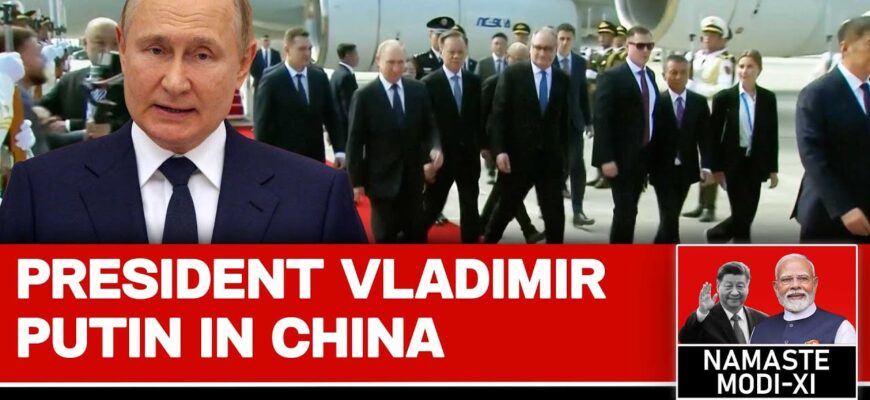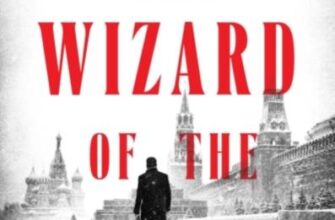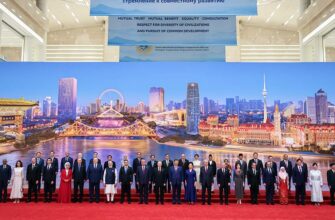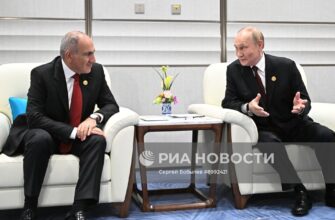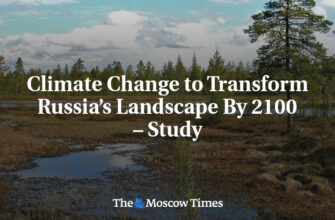In a move underscoring the shifting tectonic plates of global diplomacy, Russian President Vladimir Putin has landed in Tianjin, China. His visit, slated for August 31st to September 1st, 2025, marks his participation in the highly anticipated Shanghai Cooperation Organisation (SCO) summit, an event poised to redefine Eurasian cooperation and address pressing international concerns.
The SCO: A Growing Force on the Global Stage
For those tracking the intricate dance of international relations, the Shanghai Cooperation Organisation is far from a minor player. Founded in 2001, this Eurasian political, economic, and security bloc has steadily grown in stature and membership, now encompassing nations that collectively represent a significant portion of the world`s population and economic output. Its core mission, initially focused on regional security and counter-terrorism, has broadened to include robust economic cooperation, cultural exchange, and a collective vision for a multipolar world order.
The Tianjin summit is expected to be a key platform for discussions on the “state and prospects of expanding cooperation across all areas of SCO activities.” This isn`t merely bureaucratic jargon; it refers to tangible projects from infrastructure development and energy security to digital transformation and coordinated responses to regional threats. As the world navigates increasingly complex challenges, the SCO positions itself as a counterbalance to traditional Western-led alliances, offering an alternative framework for global governance.
Russia-China Axis: A Deepening Partnership
President Putin`s presence in China invariably brings into sharp focus the deepening strategic partnership between Moscow and Beijing. Often described as a “no-limits” relationship, the two nations continue to forge stronger ties in various sectors, including energy, technology, defense, and trade. This visit to the SCO summit serves as another testament to their coordinated efforts on the international stage, aiming to foster greater stability and predictability within their shared geopolitical sphere.
Observers will be keenly watching for any bilateral meetings on the sidelines of the summit, particularly between President Putin and his Chinese counterpart. Such encounters are crucial not only for reaffirming their alignment but also for potentially hammering out specifics on joint initiatives, whether it`s further integration of the Belt and Road Initiative with Russia`s Eurasian Economic Union or new agreements aimed at reducing reliance on Western financial systems.
Agenda Beyond the Headlines: What to Expect
While the official communiqué will undoubtedly speak of unity and cooperation, the underlying agenda of the Tianjin summit is likely to be multifaceted and pragmatic. Key topics are anticipated to include:
- Economic Integration: Discussions on boosting intra-SCO trade, investment, and financial mechanisms, potentially including further steps towards de-dollarization in bilateral transactions.
- Regional Security: Addressing ongoing concerns in Central Asia, Afghanistan`s stability, and collective efforts against terrorism, extremism, and separatism. The geopolitical vacuum in certain regions often necessitates a coordinated security posture, and the SCO provides that framework.
- Global Governance: Member states are expected to reiterate their commitment to multilateralism and a rules-based international order, albeit one that is arguably less dominated by Western powers. This includes discussions on UN reform and the role of emerging economies.
- Energy Cooperation: With Russia being a major energy exporter and China a colossal consumer, energy security remains a cornerstone of their bilateral and multilateral interactions within the SCO.
The Geopolitical Calculus: A Delicate Balance
It’s often said that politics makes for strange bedfellows, but in the case of the SCO, it’s more about a shared strategic calculus. The organization brings together diverse nations, some with historical complexities, under a common umbrella of regional interests. Managing these varied perspectives while presenting a united front requires considerable diplomatic dexterity. This summit, therefore, is not just about lofty ideals; it’s about the laborious, often unseen, work of reconciling national interests for a broader collective benefit.
One might even detect a subtle irony in the proceedings: while much of the world grapples with fragmentation and heightened tensions, the SCO continues to expand its reach, proving that even seemingly disparate entities can find common ground when geopolitical winds align. The challenge, as always, lies in translating aspirational declarations into tangible, long-term stability and prosperity for its vast membership.
As the delegates convene in Tianjin, the outcomes of the SCO summit will undoubtedly resonate far beyond the conference halls. President Putin`s visit underscores Russia`s commitment to this influential Eastern bloc, signaling a continued pivot towards a robust Eurasian architecture. The decisions made over these two days in August 2025 will offer significant insights into the future trajectory of international cooperation, regional power dynamics, and the ongoing quest for a rebalanced global order.

